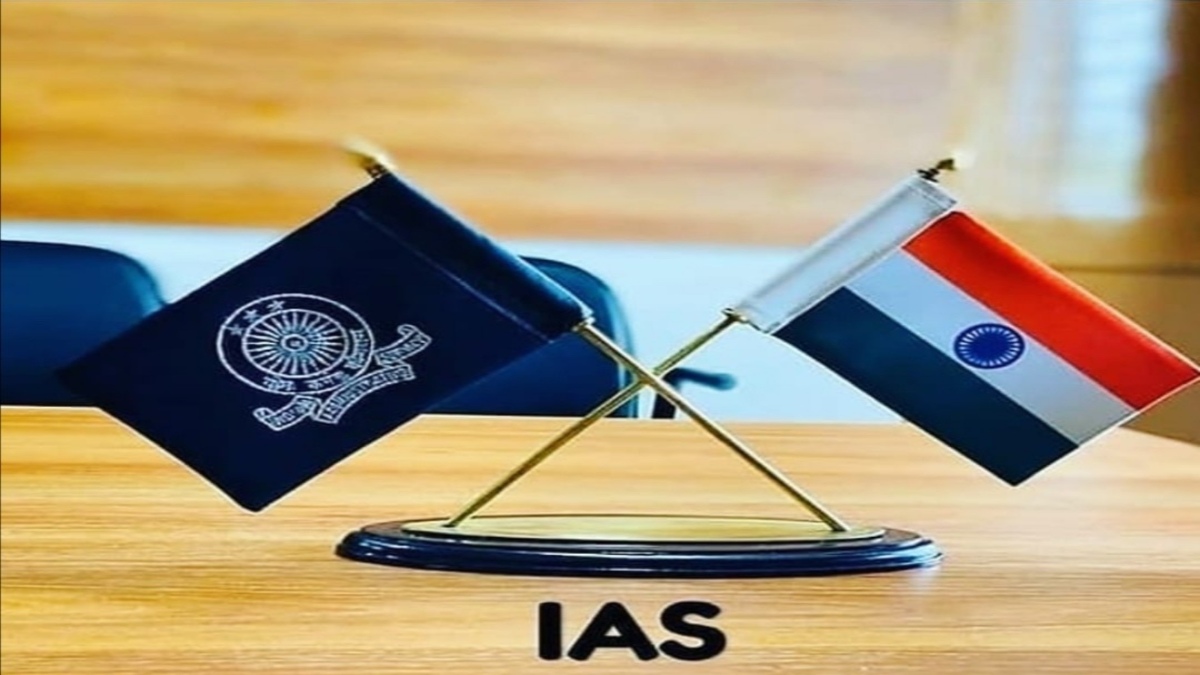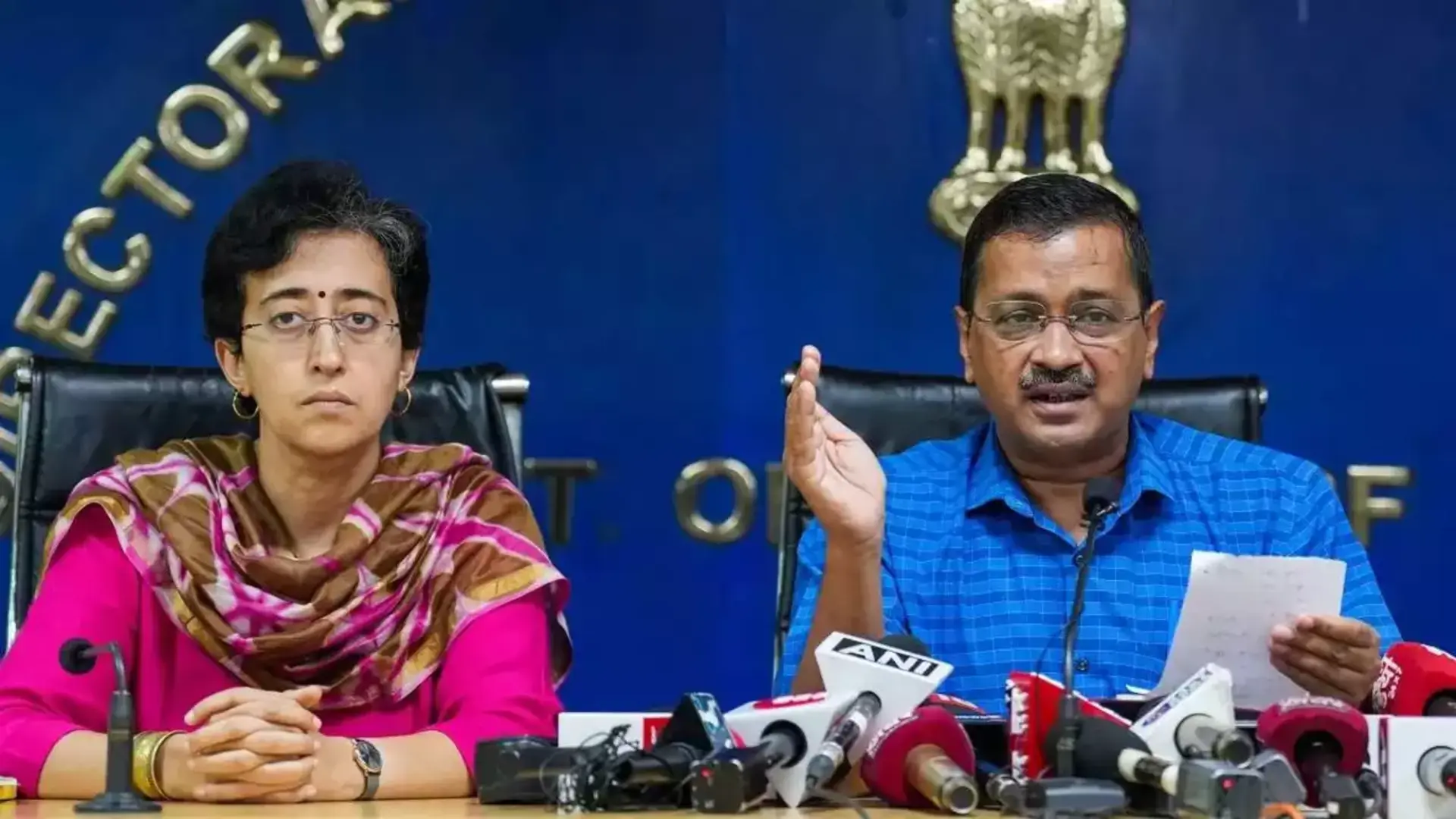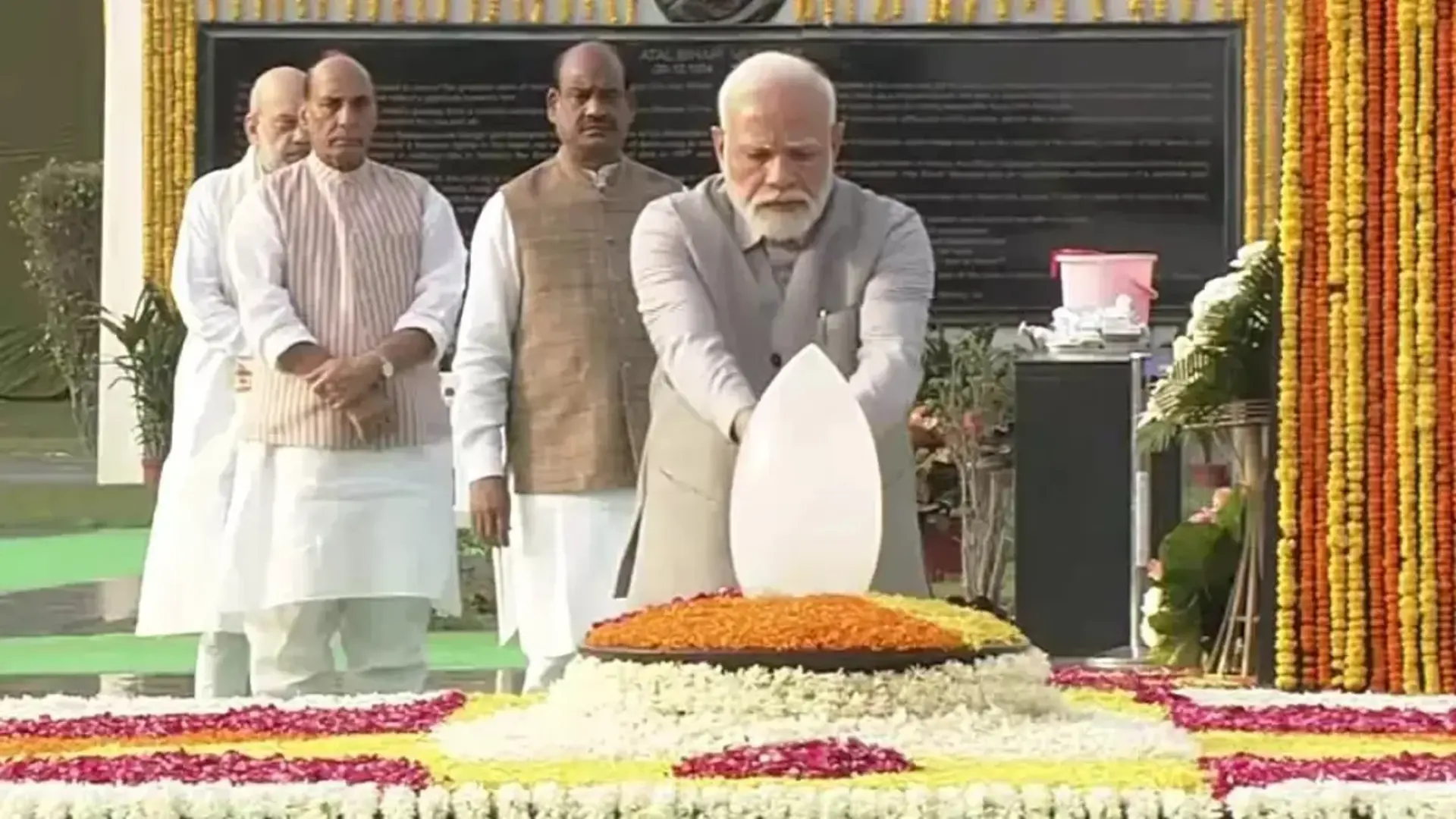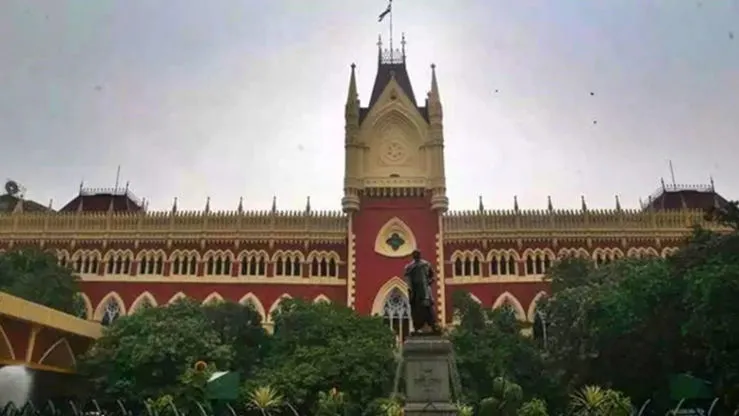ABSENCE OF ETHOS
Prime Minister Narendra Modi was very clear in his mind when he announced the setting up of Groups of Secretaries in 2015 to discuss and come up with recommendations on a variety of subjects and issues. As an accomplished leader, he could quickly discern what was not leveraged by the Civil Servants. Most of these belonged to the Indian Administrative Service (IAS). They had been selected through an examination conducted by the UPSC; many of these were brilliant and had done remarkably well in their individual capacity; they knew each other well. However, they rarely sat together, except during formal meetings, to assess the problems that beset various sectors and various aspects of governance. They had evolved as individuals competing with each other. It took the sharp eye of Narendra Modi to get the civil servants to collaborate as never before.
Why did the Prime Minister need to bring the officers together as he did?
Contrary to public perception, most IAS officers do not collaborate as professionals. They are often competing with each other, questioning almost everything that the other IAS officer brings to them. This is indeed strange, but that is how it is. This has led to enormous delays, and decision making has suffered. Moreover, an IAS officer rarely sticks his neck out to defend a junior colleague. Quite a few are protecting their backsides and looking at a post-retirement job in the government. The IAS could have evolved as a group with a distinctive ethos wherein the constituents understood and helped each other. But it has not happened. Why is it so?
It is easy to understand the competition amongst those that aspire to become civil servants. However, unfortunately, this ‘competitive spirit’ consumes them as they continue in the service. It starts at the Academy, where a specific part of the training does focus on group activities (like the trek and the village visits). However, most of it equips them as individuals, not as a group. There is no conscious effort to cultivate an esprit de corps, so evident amongst army officers. There is indeed a personal connection and bonding that gets established amongst the officers during their stay at the Academy that is pretty useful at a personal level and lasts reasonably long. However, this connection very rarely gets extended to their professional sphere. There is competition even at the Academy as the mutual ranking can be altered based on marks obtained. There is a move now that will make it worse. If the Academy becomes a place where the service allocation is determined based on its evaluation, it will lead to cut-throat competition. It will further reduce the chances of camaraderie essential for collaborative working.
This ‘competitive spirit’ continues to plague the members of the service right through their career as each of them vies for posts that are considered to be better than the others. The politicians love this competition as they can get ‘convenient’ officers from available ones. There are many brilliant performers, yet the IAS does not have an ethos that gives the service a distinctive identity that is appreciated or recognised. An IAS officer then comes across as self-seeking, corrupt and inaccessible, feudal attributes that genuinely reflect our social fabric and not anything distinct from it.
All that happens during the career also reinforces this ‘competition’ rather than collaboration. Over time, the officer discovers new forms of competition engineered by his senior colleagues to show their ‘performance’ based on competitive parameters. Many starts learning the art of data management rather than looking at the fundamental issues afflicting a particular sector.
What is even more tragic is that there is no conscious effort to create a distinctive ethos as each officer looks at his career as an individual, not as a part of a group. Therefore, the critical question is whether this ‘chaos’ should be replaced by an ‘ethos’? Can it be done? If yes, how?
There is absolutely no doubt that given the role played by the IAS in the formulation of policies and their implementation, the ‘chaos’ should indeed be replaced by an ‘ethos’ that enables collaboration and not competition. It can be done. PM Modi has already demonstrated some steps, and what is needed is to build on these steps.
It must begin with how the recruitment of the IAS officers takes place. If the focus is only on recruiting just brilliance, it will not work. Expertise can be outsourced, but attitude cannot. Today there are tools available to assess the attitude of individuals. The exercise would be cumbersome, but it is worth the effort considering the implications of recruiting those that may be bright and brilliant but do not have the right attitude as they occupy critical positions in their careers.
After recruiting those with positive and collaborative attitudes, they need to be trained to appreciate the need to collaborate. This can also be done through case studies and interaction with such officers who are not merely brilliant but have delivered through collaboration. Many such officers have demonstrated that collaboration works.
Mentoring (discussed in an article a couple of weeks ago) of officers is critical. During the early part of their careers, officers should not feel isolated when exposed to the ground reality of a ‘big-bad-world’. Each one of them needs to be nurtured to face failures and setbacks. A few senior officers perform this job, but it needs to be institutionalised. This happens in the army and even in the private sector, where the young officer is made to feel a part of the family. The British did it, and this culture rubbed on some ICS officers. However, over time, this ethos has dissipated.
What PM Modi did in the context of Secretaries needs to be institutionalised and extended to all levels of governance. Platforms need to be created to enable the officers to interact informally.
An Ombudsman-like institution can be created at the centre and in the states. This would enable officers to take up their grievances, especially when false allegations are labelled against them. Members of such an institution can also interact with officers against adverse feedback. This is essential to keep the officers ‘on track’ by creating peer pressure on such errant officers. Informal interactions can do wonders.
A lot more will need to be done. It can be done. And it is doable. Institutions like the Ombudsman can be put in place by the respective Associations. It does not even require the government to intervene. A beginning can be made, and it should be made.
Anil Swarup has served as the head of the Project Monitoring Group, which is currently under the Prime Minister’s Offic. He has also served as Secretary, Ministry of Coal and Secretary, Ministry of School Education.












